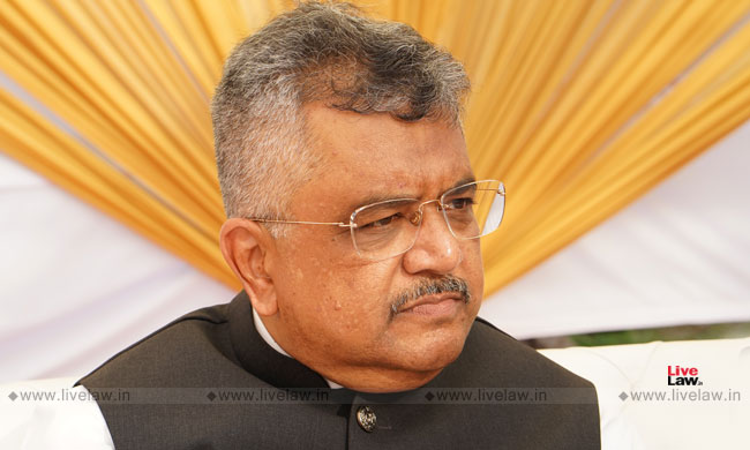Kashmir Situation Is Normal Except For Internet; Restrictions Are Minimal : Solicitor General
Nilashish Chaudhary
21 Nov 2019 8:50 PM IST

Next Story
21 Nov 2019 8:50 PM IST
Solicitor General Tushar Mehta on Thursday commenced his arguments on behalf of the state government in the petitions challenging restrictions in Jammu and Kashmir. At the outset it was stated that it is the duty of a responsible government to protect the citizen's life and security. Calling the argument that there was no prevalent situation necessitating the shutdown untrue, Mehta said...
